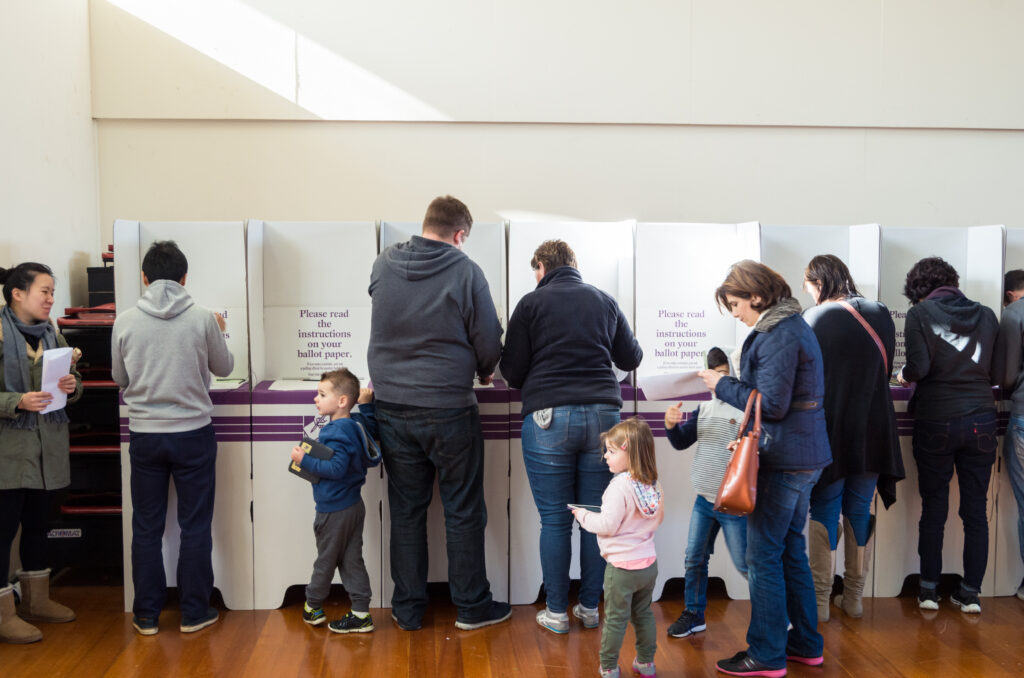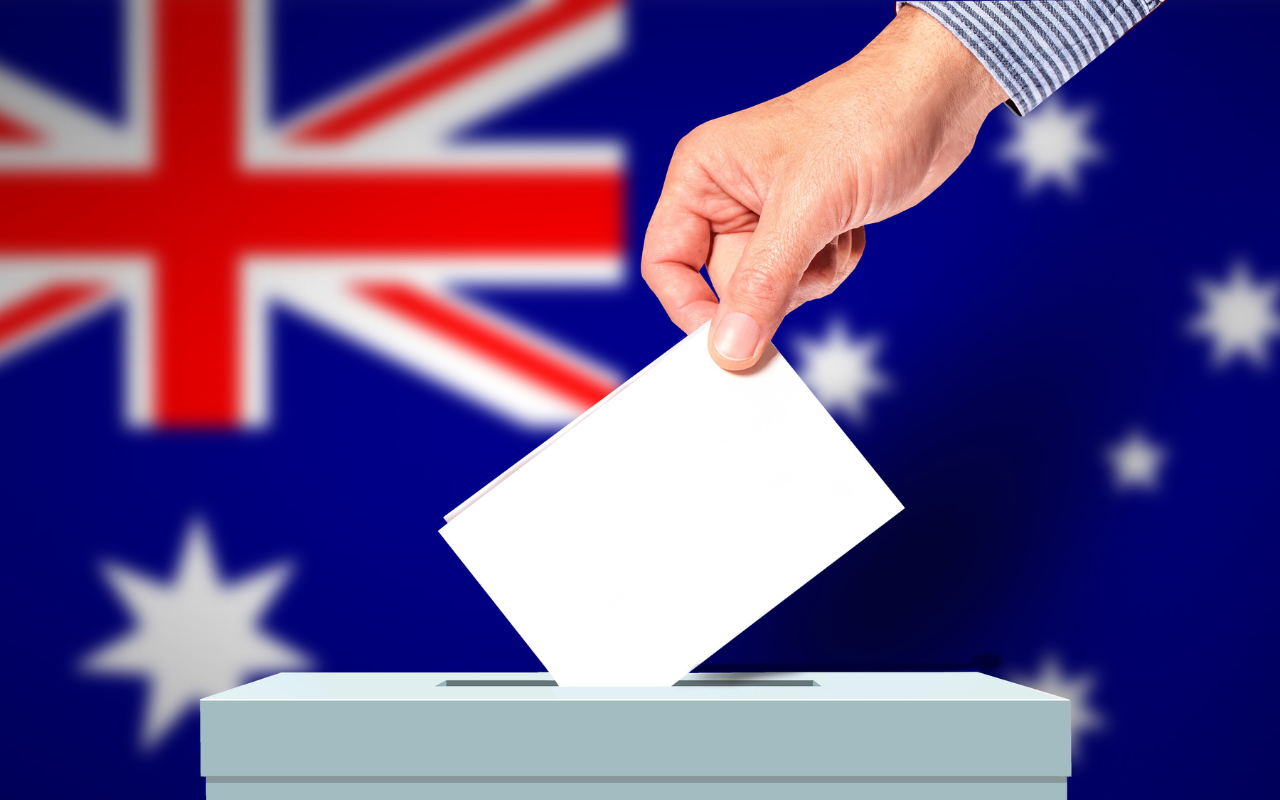Cost-of-living pressures dominate public priorities and major policy focus this election, along with a strong undercurrent of political unease from the United States. As voters appear to be searching for a reassuring alternative to global issues, health care is once again a critical bargaining chip, with the three major parties going all in.
Labor wants to triple the Medicare spend and make 90% of GP visits free by 2030, and the Coalition, perhaps still wary from 2016’s ‘Mediscare’ campaign, is matching Labor’s proposed health spend almost dollar for dollar. The Greens still push for universal health care, positioning themselves for influence in a potential minority government and already helping shape the major parties’ health platforms.
Across the board, voters are being promised more for mental health, women’s health, and doctors’ pay. InSight+ takes a look at what is being promised in health before 3 May.

Labor: doubling and tripling down
Labor has campaigned to significantly expand its existing health agenda, with Medicare and bulk-billing positioned as headline promises. In the 2024 and March 2025 budgets combined, the Albanese government has pledged more than $12 billion ($3.5 billion and $8.5 billion respectively) to expand access to subsidised GP sessions. Urgent care clinics continue to be a key part of Labor’s strategy. Labor has upped its pitch for mental health spend, presenting itself as the party most willing to spend big on the public health system, as the concept of universal health care gains more public support on a world stage.
Medicare and bulk-billing increases
Medicare and bulk-billing have become the major health focus in the election lead-up, with the government promising to triple its spend for free health care.
In the 2024 budget, the government committed $3.5 billion to boost bulk-billing incentives for children under 16 years and concession card holders — around 11 million people. This election, Labor has pledged an additional $8.5 billion in the March budget to broaden access even further. The goal is to have 90% of GP visits bulk-billed by 2030.
More urgent care clinics
In its time in government, Labor has acted on its promise to open 58 urgent care clinics, investing $358.5 million over five years (2022–23), ostensibly to reduce waiting times and alleviate pressure on emergency departments. Before the election, the government has pledged another $644 million to almost double the number of clinics (the Coalition has promised 4 additional centres).
While the clinics have garnered praise from consumers, the ABC showed results indicating that emergency department visits continue to rise, and some industry bodies have argued that the focus should be on increasing funding for GP clinics.
“We’ve already got the foundations of the health care system. It just needs to be funded and expanded on,” Dr Nicole Higgins, president of the Royal Australian College of General Practitioners (RACGP) told the ABC.
PBS co-payment reduction
The Albanese government wants to increase Pharmaceutical Benefits Scheme (PBS) access by reducing the co-payment for PBS-approved prescriptions, lowering the amount from $31.60 to $25. The government says reducing the maximum co-payment is important for easing cost-of living for people with comorbidities, and will cost an estimated $689 million.
The PBS reduction follows continued pressure from the US to strengthen patent rights and increase automatic notifications from the government regarding generic medication. Both leaders have signaled that they will not make changes to the PBS due to foreign pressure.
Hospital funding
The government has pledged an additional $1.7 billion to fully fund public hospitals for one year, with the goal of reducing waiting times and easing the strain on emergency departments, supplementing the efforts of urgent care clinics.
Mental health support
Labor has promised a landmark investment of $1 billion to establish clinics where patients can see a psychologist or psychiatrist free of charge. This funding more than doubles the Coalition’s plan. The Albanese government has vowed to increase training for health care providers to address mental health gaps, recognising a shortage of qualified professionals.
Labor has said that the $1b includes:
- $225 million for 31 Medicare mental health centres;
- over $200 million for 58 Headspace services;
- $500 million for 20 youth specialist care centres for young people with complex needs; and
- $90 million for 1200 training places for mental health professionals and peer workers.
“This is a landmark investment that recognises the challenges the community is facing,” Carolyn Nikoloski, chief executive of national peak body Mental Health Australia, told the ABC.
Women’s health
Labor has promised to allocate $573 million to improve reproductive health services and menopause care for women.
The Coalition: matching Labor, but with defined parameters
The Coalition has taken no chances with health care budget promises this election, keeping a platform that closely mirrors Labor’s, including major commitments on bulk-billing, PBS reform, and women’s health. Keen to avoid past attacks over Medicare cuts, the party has matched funding announcements with a largely “cut and paste” approach.
Unlike Labor, however, the Coalition has avoided linking its policies to broader system reform. It has also steered clear of doubling Labor’s urgent care clinic rollout, which some argue is already a duplication of existing general practice. Its approach is more cautious and narrowly focused, with key promises focused on GP workforce support and youth mental health.
Bulk-billing
The Coalition has pledged to match Labor’s $8.5 billion bulk-billing package, adding up to a tripling of the Medicare spend and a significant health investment for the party.
PBS co-payment
The Coalition has promised to match Labor’s PBS maximum co-payment of $25. In some cases, including on the PBS maximum co-payment, the Coalition has stuck so closely to Labor’s policies that it has actually moved ahead on Labor’s announcements, as when Shadow Minister for Health and Aged Care Anne Ruston announced the Coalition’s cap ($690 million allocated to reduce prescription costs) the day before the Albanese government revealed its own plan.
Women’s health
The Coalition will also match Labor’s $573 million investment in women’s health care, which includes funding for reproductive and menopause-related care.
The Coalition, however, has also pledged an additional $5 million to review items on the Medicare Benefits Schedule and medicines listed on the PBS, with the aim of ensuring affordable and relevant access to health care for women.
GP workforce incentives
The Coalition has proposed a $400 million package to increase financial incentives for junior doctors entering general practice. Under the plan, doctors would receive around $32 000 in support.
“Junior doctors who enter general practice earn about three-quarters of the salary of their counterparts in hospital,” Peter Dutton told the ABC.
Boosts for mental health
The Coalition has promised to spend $500 million to expand access to Medicare-subsidised psychologist visits, that is, reinstating the 20 Medicare-funded psychology sessions available to Australians during the pandemic, that has since been reduced again to 10 sessions.
Separately, the party is offering $400 million for mental health services, but targeted specifically towards young people.
The Greens: framing health care as a universal right
The Greens have advertised themselves in the final weeks of the campaign as the party to “keep Dutton out, and get Labor to act.” Longtime advocates of fully publicly funded health care including dental, GP, psychologist and psychiatrist visits, many of the party’s long-standing policies appear to have finally landed in the mainstream.
With Labor polling ahead (as of 23 April), the Greens have their sights set on influencing a potential minority government. Several of their platform points have already been picked up by Labor, including the tripling of bulk-billing incentives.
The party says its full health platform has been costed at $54 billion over the next decade, which is more than five times Labor’s current health commitments, and that it will be funded through increased taxes on billionaires and corporations.
Universal Medicare expansion
The Greens propose extending Medicare to cover all GP, dental and unlimited mental health services. This includes free psychologist and psychiatrist visits — a position now partly echoed in Labor’s $1 billion mental health clinics plan.
The Greens also propose 1000 new free local health care clinics, with at least six in every electorate, staffed by GPs, psychologists, nurses and dentists.
Funding through tax reform
The Greens’ plan relies on increasing taxation of large corporations and billionaires to pay for the expanded system. The party argues that wealth redistribution is essential to securing long term universal health care and this policy seems to reflect growing public interest in health equity.
Medicare rebate reform and GP incentives
To encourage longer GP consultations, the Greens propose a 20% increase in Medicare rebates for extended appointments. They also want trainee GPs to receive the same pay as hospital trainees, which they frame as a move aimed at making general practice more attractive to junior doctors.
Other Greens health priorities include adding ADHD and autism diagnoses to Medicare, investing in First Nations health, making telehealth permanently free, increasing access to medical cannabis, and addressing the health impacts of climate change.
Stakes high in a system under pressure
While all three major parties are promising more health care funding, particularly for Medicare, mental health, and women’s health, there remain questions regarding how these systems will be delivered, or whether the workforce exists to meet demand.
Questions also remain regarding big proposed mental health spends, while overdue according to many peak health bodies and voting Australians, which are not supported by existing structures that can meet the immediate need.
While polls currently suggest that Labor is ahead, some may be hoping that a minority government of any kind will continue to be influenced by the Greens pressure on health care reform, and by the agendas set by Teals and Independents, as it has been over the past twelve months.
Subscribe to the free InSight+ weekly newsletter here. It is available to all readers, not just registered medical practitioners.

 more_vert
more_vert